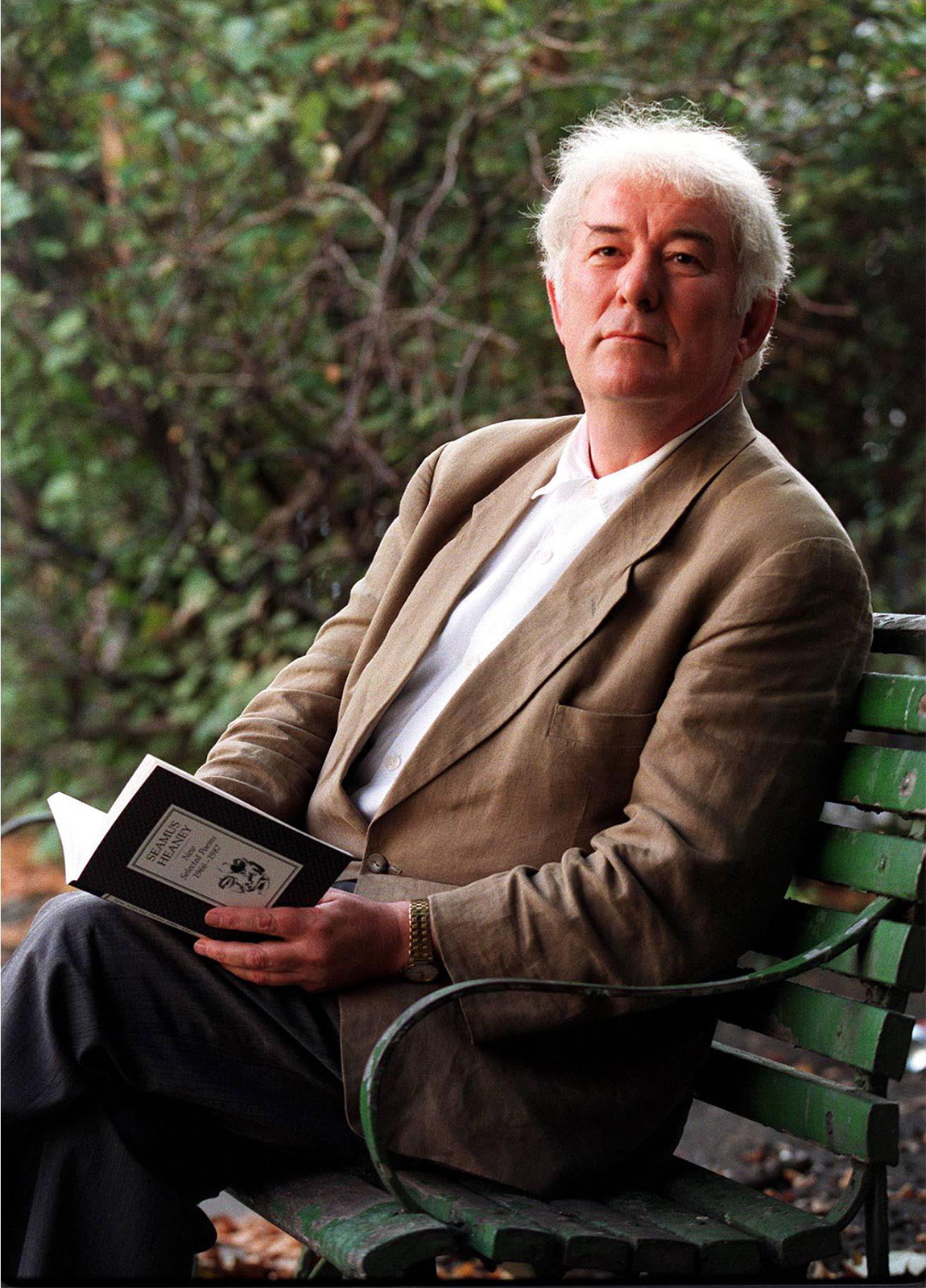Seamus Heaney was not just a poet; he was a voice that resonated deeply with the beauty and struggles of life. His writings painted vivid pictures of nature, love, and the complexities of human relationships, making him one of the most celebrated poets of our time. Heaney's journey from a farm in Northern Ireland to winning the Nobel Prize in Literature is a testament to his incredible talent and dedication to his craft.
Born on April 13, 1939, in the small town of Castledàwson, County Londonderry, Heaney was the first of nine children in a Catholic family. His upbringing on a farm gave him a unique perspective on life, one that he would later express through his poetry. Heaney's education at St. Columb's College and Queen's University, Belfast, set the stage for a literary career that would inspire countless individuals.
Heaney's first published collection, Death of a Naturalist, was released in 1966, marking the beginning of a remarkable journey filled with accolades and recognition. Throughout his life, he captured the essence of his homeland's civil struggles, especially during the turbulent times of the Troubles. With a profound ability to communicate the beauty of nature and the pain of conflict, Heaney's poetry continues to resonate with readers across the globe.
| Personal Details | Information |
|---|---|
| Name | Seamus Justin Heaney |
| Birth Year | 1939 |
| Birth Date | April 13, 1939 |
| Birth City | Castledàwson, County Londonderry |
| Birth Country | Ireland |
| Death Year | 2013 |
| Death Date | August 30, 2013 |
| Death City | Dublin |
| Death Country | Ireland |
Table of Contents
- Who Was Seamus Heaney?
- Background and Early Career
- Acclaimed Poet
- Nature, Love and Memory
- Nobel Prize and Death
Who Was Seamus Heaney?
Seamus Heaney published his first poetry book in 1966, Death of a Naturalist, creating vivid portraits of rural life. Later work looked at his homeland's civil war, and he won the 1995 Nobel Prize in Literature for his globally acclaimed oeuvre, with its focus on love, nature, and memory. A professor and speaker, Heaney died on August 30, 2013.
Background and Early Career
Seamus Justin Heaney was born on April 13, 1939, on a farm in the Castledàwson, County Londonderry region of Northern Ireland, the first of nine children in a Catholic family. He received a scholarship to attend the boarding school St. Columb's College in Derry and went on to Queen's University in Belfast, studying English and graduating in 1961.
Acclaimed Poet
Heaney had his first poetry collection debut in 1966 with Death of a Naturalist and went on to publish many more lauded books of poems that included North (1974), Station Island (1984), The Spirit Level (1996), and District and Circle (2006). Over the years, he also became known for his prose writing and work as an editor, as well as serving as a professor at Harvard and Oxford universities.
Nature, Love and Memory
Heaney's work is often a paean to the beauty and depth of nature, and he achieved great popularity among both general readers and the literary establishment, garnering a massive following in the United Kingdom. He wrote eloquently about love, mythology, memory (particularly on his own rural upbringing), and various forms of human relationships. Heaney also provided commentary on the sectarian civil war, known as the Troubles, which had beset Northern Ireland in works such as "Whatever You Say, Say Nothing."
Nobel Prize and Death
Heaney was awarded the Nobel Prize in Literature in 1995 and later received England's T.S. Eliot and David Cohen prizes, among a wide array of accolades. He was known for his speaking engagements as well and traveled across the world to share his art and ideas.
Heaney published his last book of poetry, Human Chain, in 2010. Regarded as a kind, lovely soul, he died in Dublin, Ireland, on August 30, 2013, at the age of 74.
Exploring The Life And Career Of Jimmy Smits: A Hollywood Icon
Steve Carell: A Journey From Comedy To Critical Acclaim
Exploring The Life And Works Of Lois Lowry: A Journey Through Her Literature


